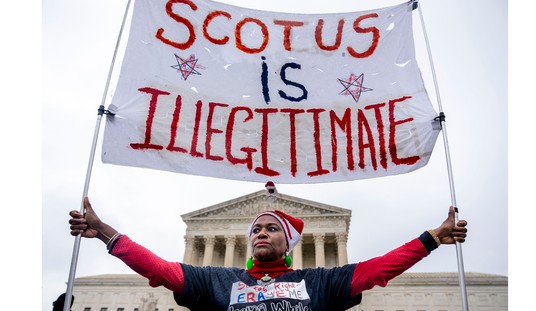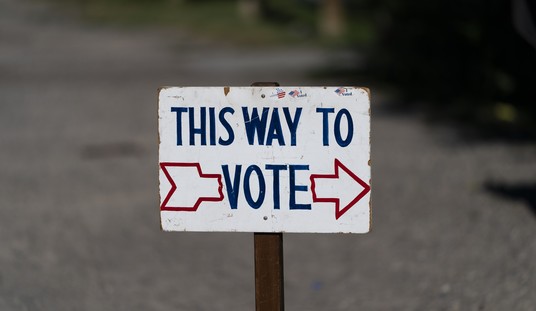
If you’re a fan of George R.R. Martin’s writing from “Game of Thrones”, you know that this is how he refers to rulers of certain kingdoms when writing their formal names. Today’s entry from the RedState Department of History details the only known time in American history when an individual attempted to crown himself Emperor.
I refer to Joshua Abraham Norton, who on this date in 1859 presented himself as Emperor Norton I of the United States, Protector of Mexico.
Norton resided in San Francisco but emigrated from England around 1849, losing his family fortune in the rice industry. Ten years later, a perhaps stressed-out Norton showed his true ambition by proclaiming himself Emperor.
” At the peremptory request and desire of a large majority of the citizens of these United States, I, Joshua Norton, formerly of Algoa Bay, Cape of Good Hope, and now for the last 9 years and 10 months past of S. F., Cal., declare and proclaim myself Emperor of these U. S.; and in virtue of the authority thereby in me vested, do hereby order and direct the representatives of the different States of the Union to assemble in Musical Hall, of this city, on the 1st day of Feb. next, then and there to make such alterations in the existing laws of the Union as may ameliorate the evils under which the country is laboring, and thereby cause confidence to exist, both at home and abroad, in our stability and integrity.” — NORTON I, Emperor of the United States.
His “power” was not officially recognized by anyone in actual authority, but San Franciscans loved him. Among numerous decrees, Norton I ordered a bridge to be built between San Francisco and Oakland and a tunnel dug under San Francisco Bay. Of course, the Bay Bridge and the Transbay Tube now show that Norton was ahead of his time.
Norton also attempted to abolish Congress by Imperial Decree in 1859, which was not only ahead of his time but which might also prove surprisingly popular today. He described Congress as:
“…fraud and corruption prevent a fair and proper expression of the public voice; that open violation of the laws are constantly occurring, caused by mobs, parties, factions and undue influence of political sects; that the citizen has not that protection of person and property which he is entitled.”
Amazingly, Congress remained in session, so Norton ordered General Winfield Scott to clear the halls of the Capitol by force. The next year he ended the Republic by imperial decree and forbade any former Congressmen to assemble as a group. Two years later, in 1862, Norton ordered the Roman Catholic Church and Protestant Churches to acknowledge his primacy.
In reality, of course, Norton was harmless. Local businesses printed “currency” featuring his likeness for the Emperor to use when he visited their establishments, usually at lunch counters. However, in 1867 a police officer named Armand Barbier arrested the Emperor for confinement for mental health issues. San Francisco went wild, the police chief ordered Norton’s release, and the Emperor graciously issued a pardon to Officer Barbier. Police chief Patrick Crowley wrote:
“that he had shed no blood; robbed no one; and despoiled no country; which is more than can be said of his fellows in that line.”
Norton died in 1880 while walking to a public presentation. He was revered by many San Franciscans, and even today there is a movement to rename the Bay Bridge the “Emperor Norton Bridge” in his memory.
Happy Sunday and enjoy today’s open thread!












Join the conversation as a VIP Member